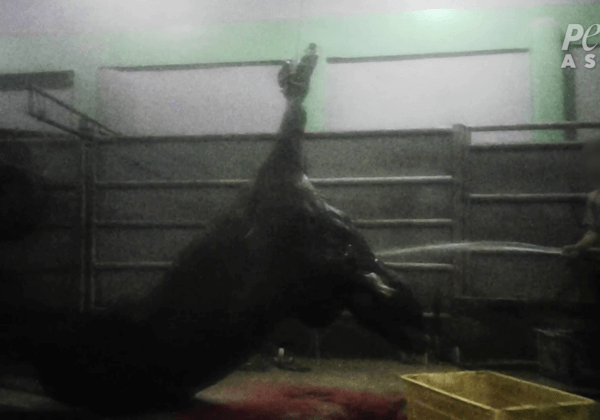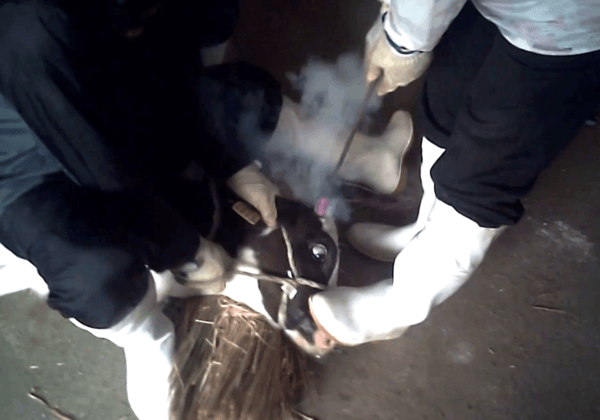There Are Bugs in My Snacks!
 Something I’ve noticed as a long-time vegan is the dilemma that lots of people have about whether they actually want to know what they are eating or not. Countless times after refusing a seemingly innocent item like a hard candy, my friends have asked me, “Why, what’s in there that you can’t have?” quickly followed by “No, wait! Actually, don’t tell me” and then “No, OK, do tell me, but only if it isn’t gross”. Well, guess what? It’s usually totally gross, but I’m going to tell them anyway because my theory is that if you choose to eat it, then you should know what you’re putting in your mouth!
Something I’ve noticed as a long-time vegan is the dilemma that lots of people have about whether they actually want to know what they are eating or not. Countless times after refusing a seemingly innocent item like a hard candy, my friends have asked me, “Why, what’s in there that you can’t have?” quickly followed by “No, wait! Actually, don’t tell me” and then “No, OK, do tell me, but only if it isn’t gross”. Well, guess what? It’s usually totally gross, but I’m going to tell them anyway because my theory is that if you choose to eat it, then you should know what you’re putting in your mouth!
So let’s take a few of my (least) favorite disgusting animal ingredients and see where you can find them hiding:
- Cochineal (additive number 120) or carmine dye is a food coloring that is regularly used in foods such as candies, ketchup, soft drinks and anything that manufacturers think should look red – even canned cherries! Cochineal is made from crushed female insects found naturally living on cactus plants in South America.
- Shellac (additive number 904) is a hard resin made from the cocoon excretions of the female lac insect. It is used to give products a shiny or waxy look. So not only are jellybeans, nails and furniture amongst other things given a good coating of insect excretions, those nice shiny-looking apples in your local supermarket are covered in bug bits as well!
- One of the most common ingredients in chewy foods is gelatine. But what is this much-used product, and where does it come from? Well, essentially, it is a melted-down mix of animal skin, hair, bone and hooves – usually from cows or pigs. Sounds delicious, doesn’t it?!
- Milk and fish are in your Friday night drinks! Yup, that’s right. During the clarifying process, many wines are passed through isinglass (made from the swim bladders of fish), animal albumin (egg albumin and dried blood powder) or casein (milk protein). Beer may also be refined using isinglass, so be sure to check that your favourite drink is actually animal-free before your next visit to the bar.
- Rennet is an enzyme that comes from cows’ stomachs and is used most often in cheese. Make the switch to vegan cheese and enjoy delicious, lower fat foods without the unwanted extras.
Some ingredients may be animal or non-animal derived, so always contact manufacturers directly to find out if their products are vegan. There are plenty of delicious animal-free options out there – just be careful to dodge those few unexpected nasty surprises. And be sure to tell your non-vegan friends what they’re eating in case they needed another reason to take the Pledge to Go Veg!
Posted by Claire Fryer








